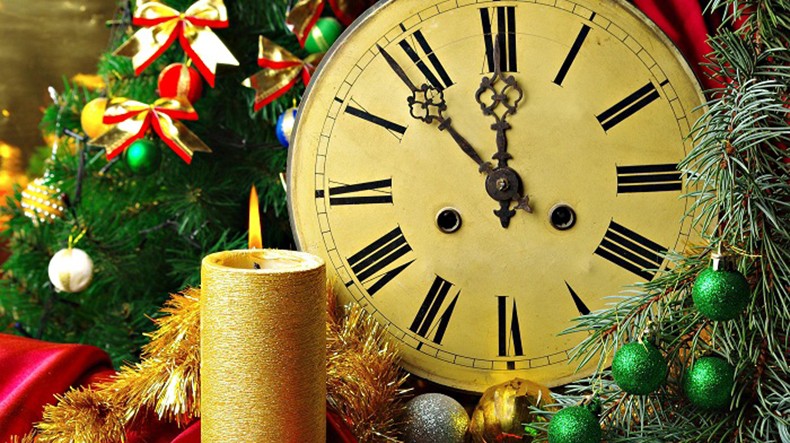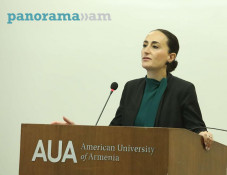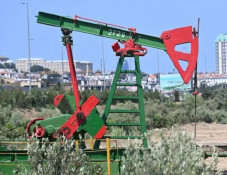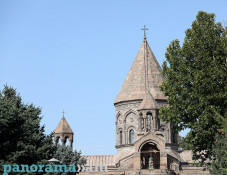
The Old New Year celebrated on the night of January 14
The Old New Year or the Orthodox New Year is an informal traditional holiday, celebrated as the start of the New Year by the Julian calendar. In the 20th and 21st centuries, the Old New Year falls on January 14 in the Gregorian calendar.
In Russia, the New Year by the Julian calendar is still informally observed, and the tradition of celebrating the coming of the New Year twice is widely enjoyed: January 1 (New New Year) and January 14 (Old New Year). Usually not as festive as the New New Year, for many this is a nostalgic family holiday ending the New Year holiday cycle (which includes Eastern Orthodox Christmas on January 7) with traditional large meals, singing and celebratory drinking.
The tradition of the Old New Year has been kept in Belarus, Uzbekistan, Bosnia and Herzegovina(mostly in Republika Srpska), Georgia, Azerbaijan, Kazakhstan, Montenegro, Moldova, Ukraine(Malanka), Wales (as Hen Galan) and Switzerland (as alter Silvester). In Scotland, the Old New Year has traditionally been held on the 12th of January. In the first half of the 20th century, large segments of the Scottish Gaelic community still observed the feast and today, it is still marked in South Uist and Eriskay as Oidhche Challaig and as Oidhche Challainn in Glenfinnan. Also in Scotland, the coastal town of Burghead in Morayshire celebrates the eve of the Old New Year with "The Burning o' the Clavie". Old New Year is the 12th of January in this district as well.
Newsfeed
Videos






























